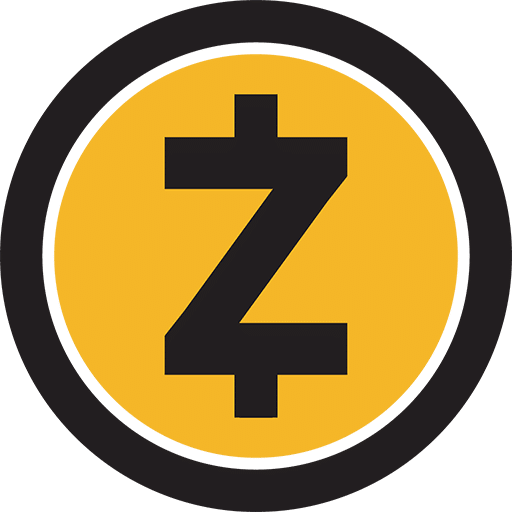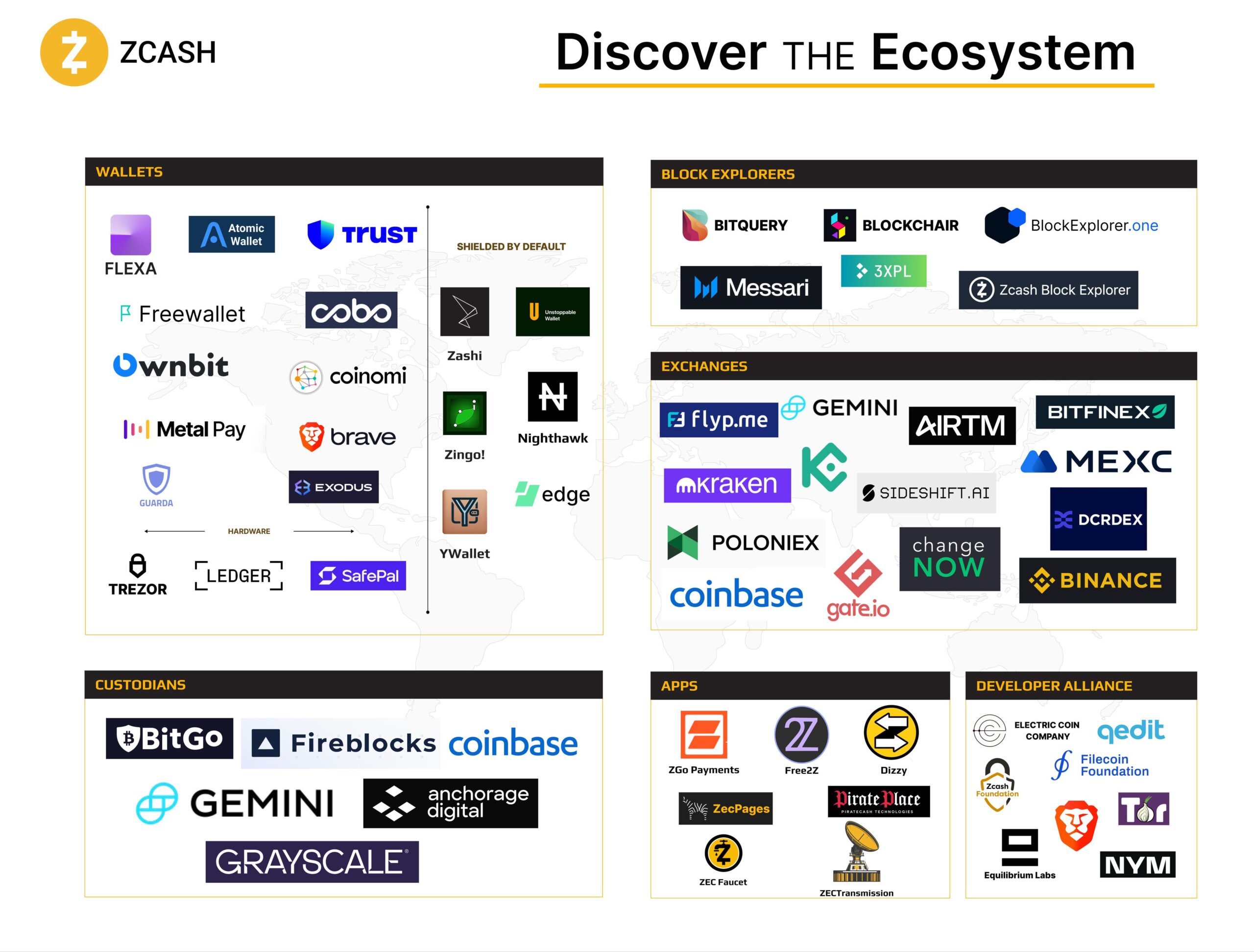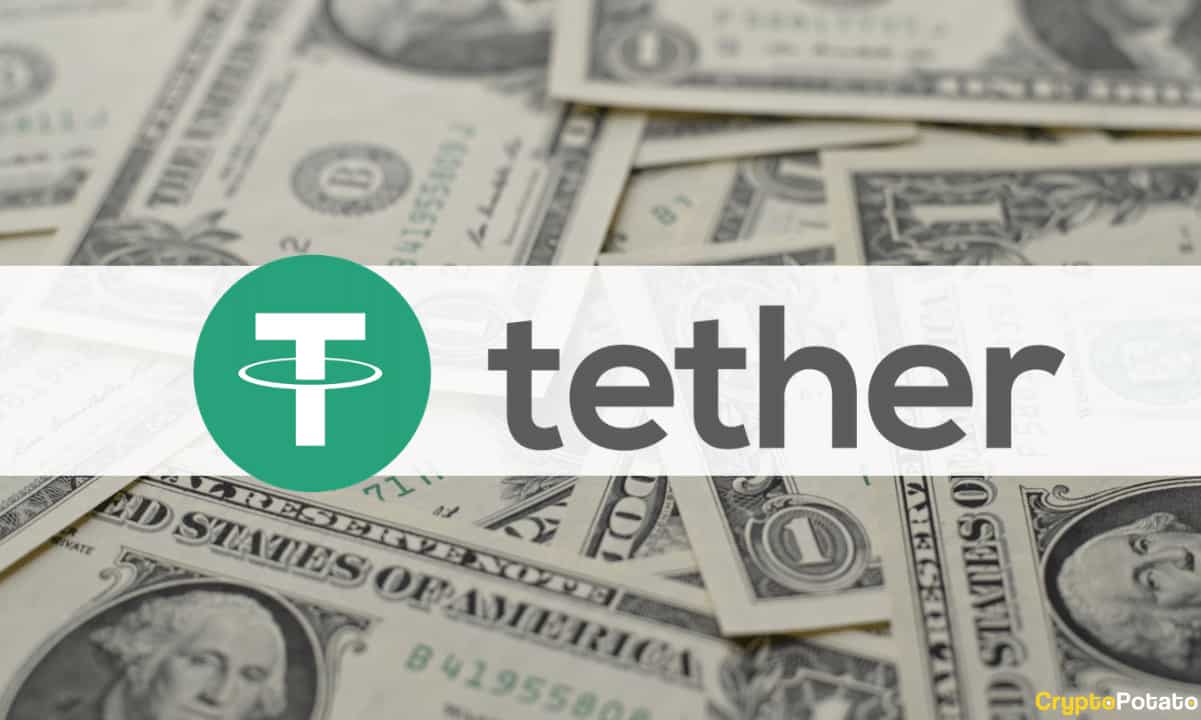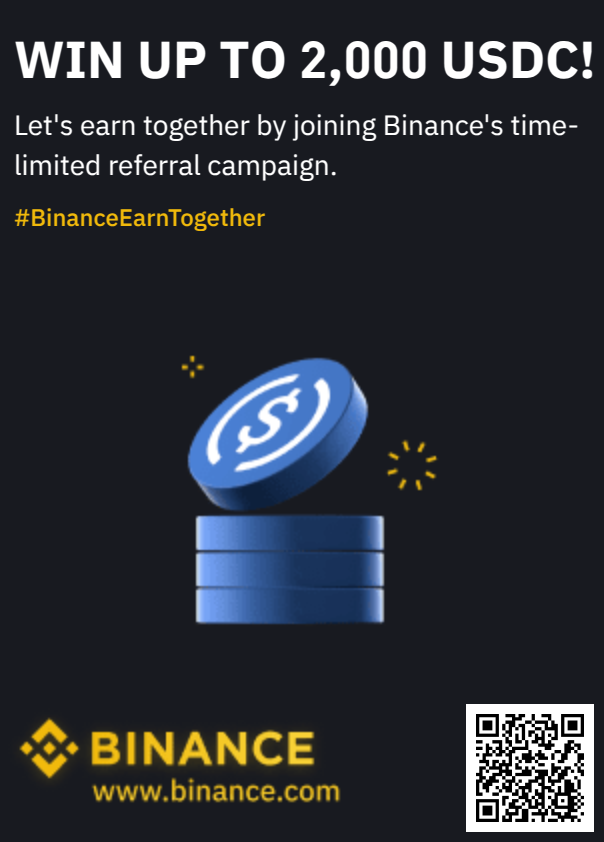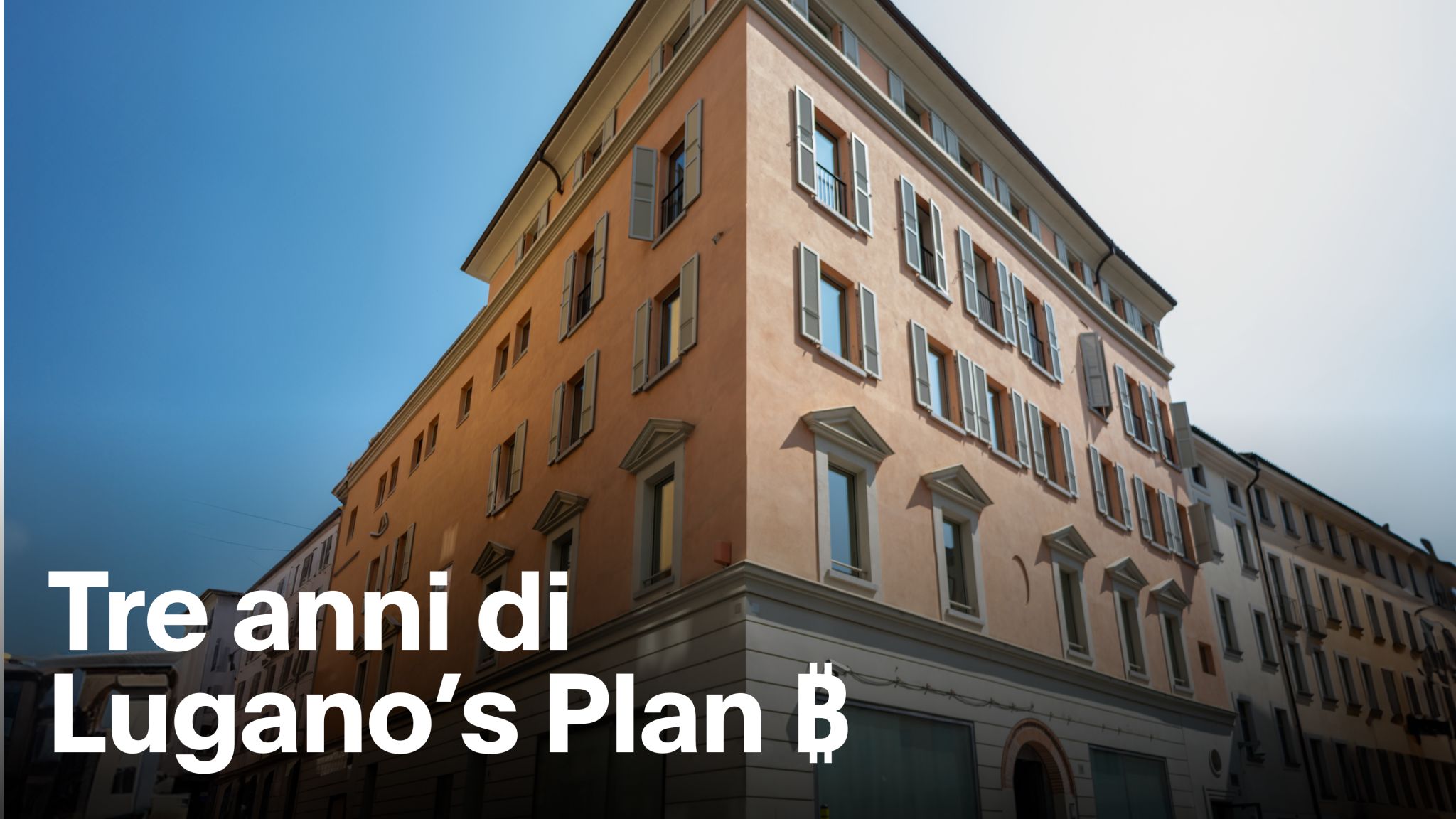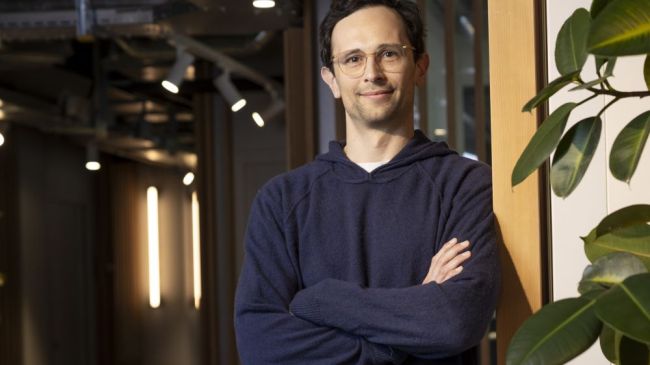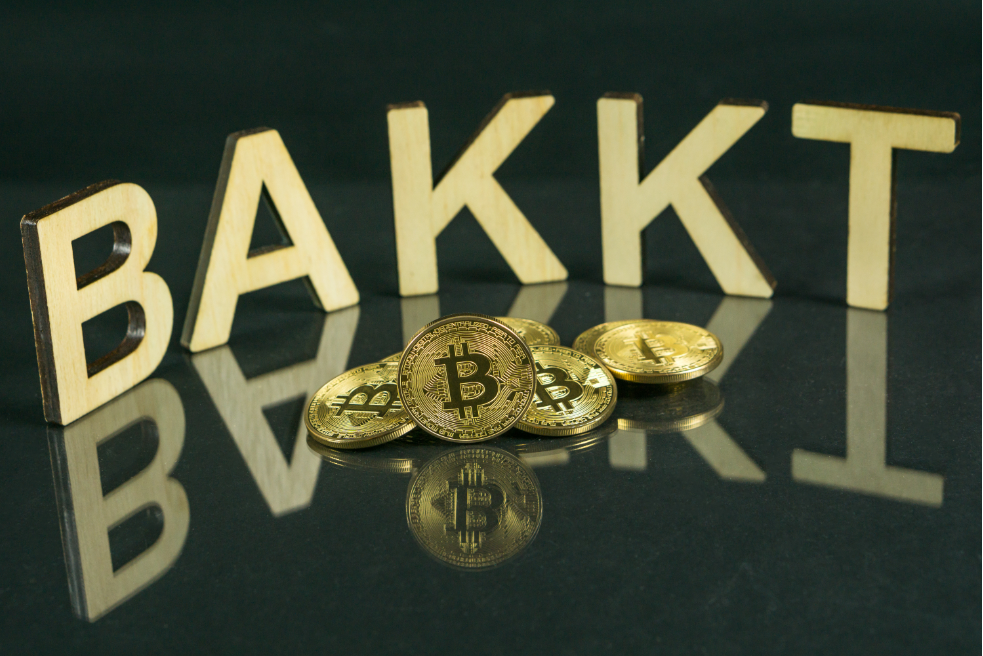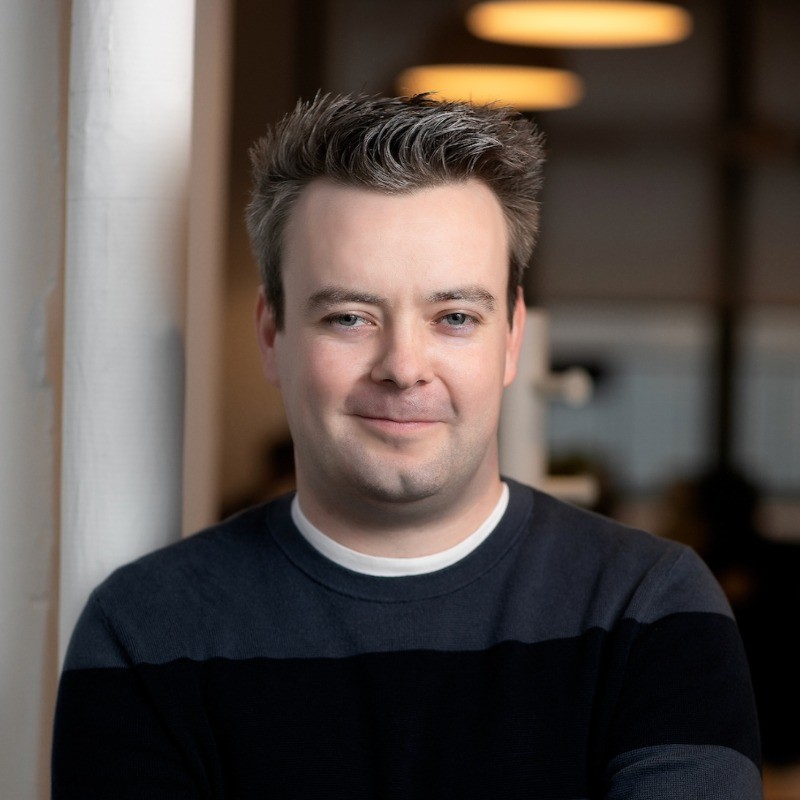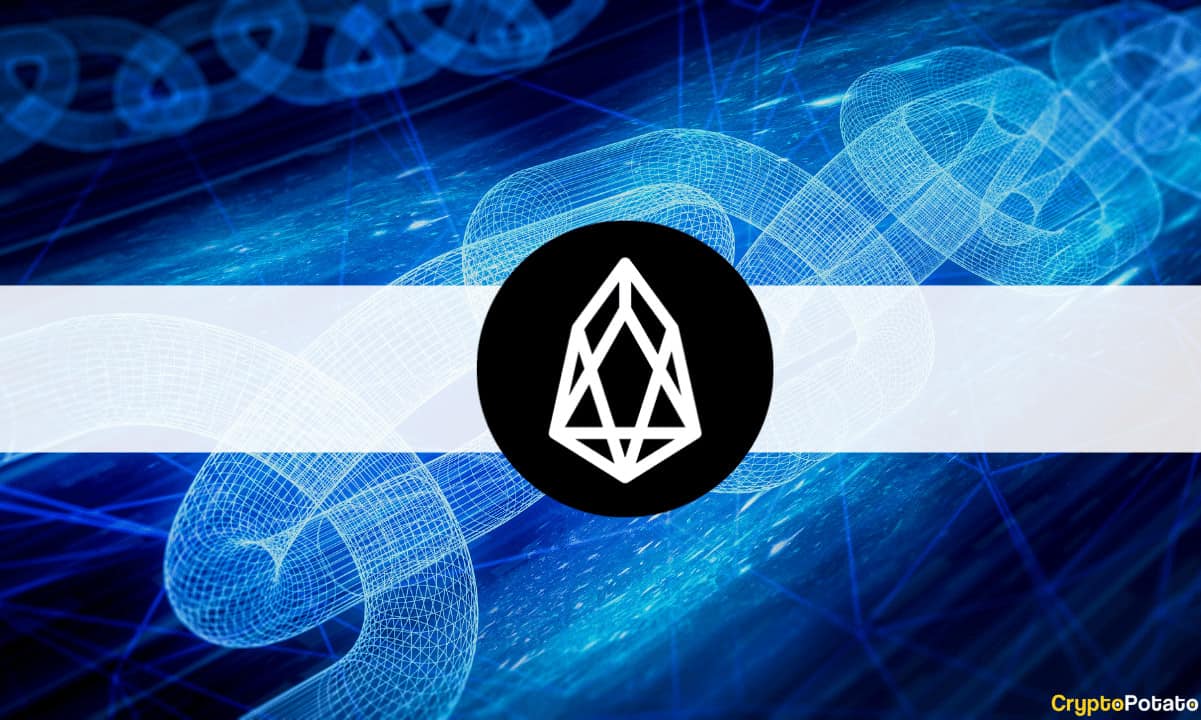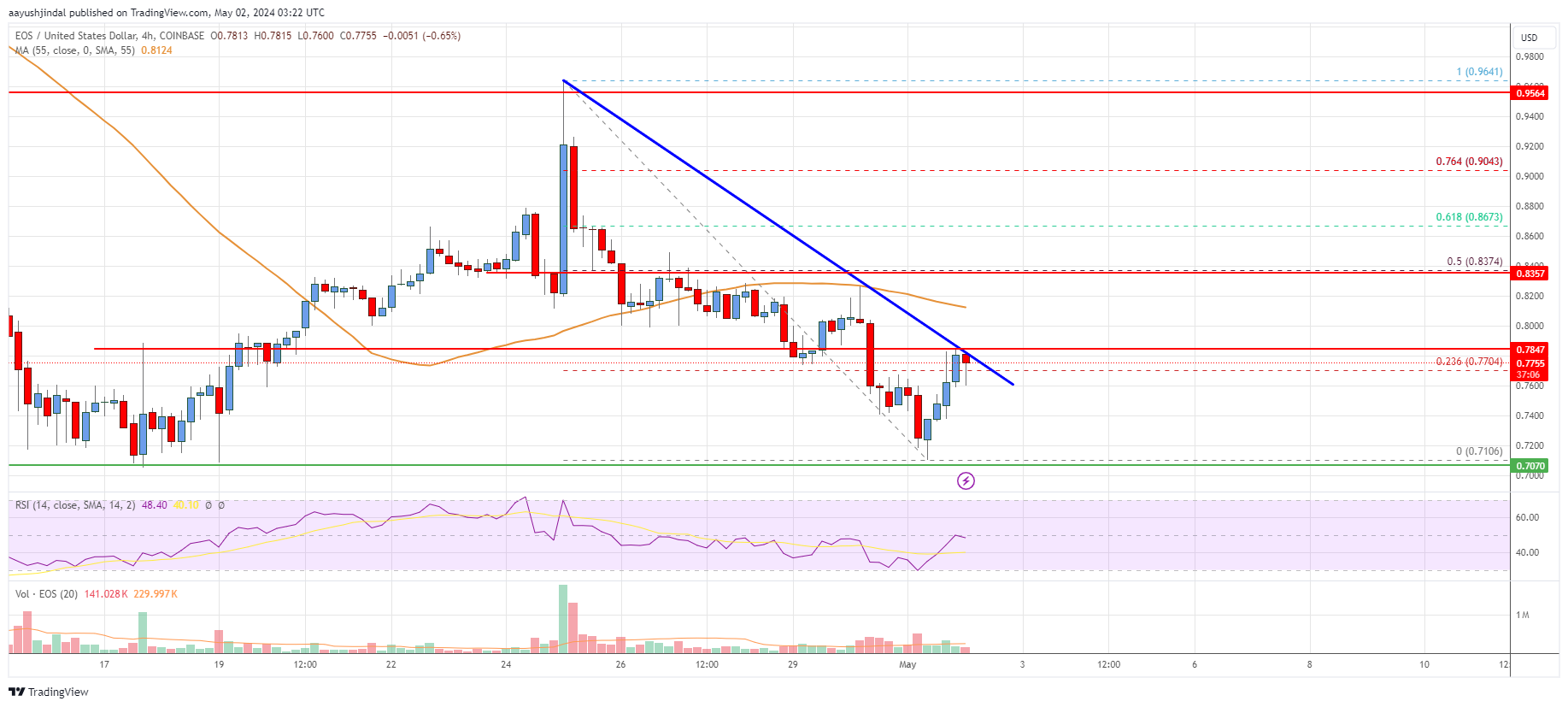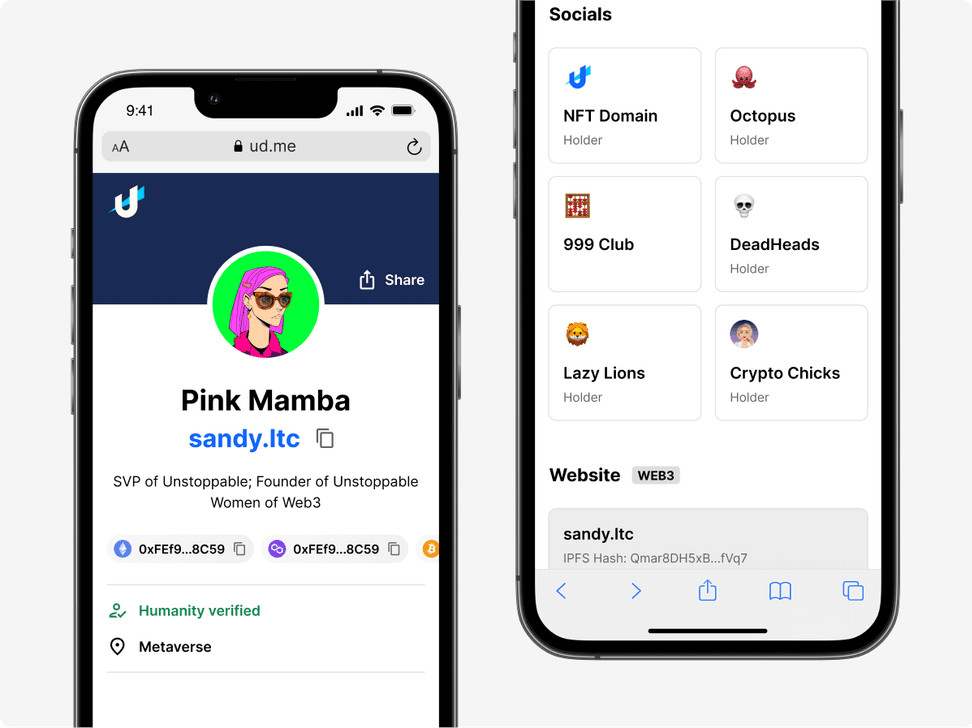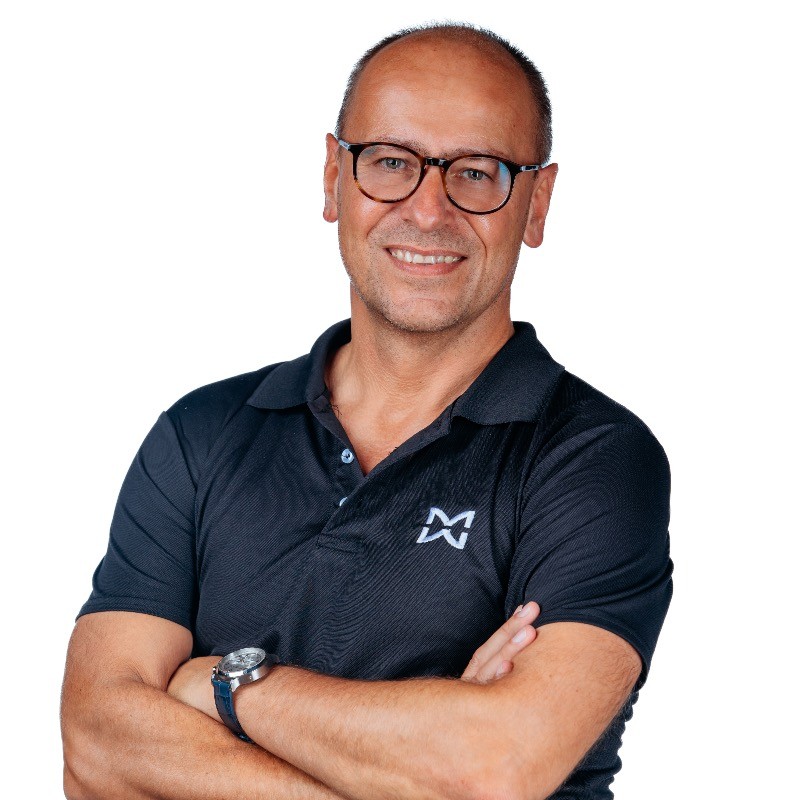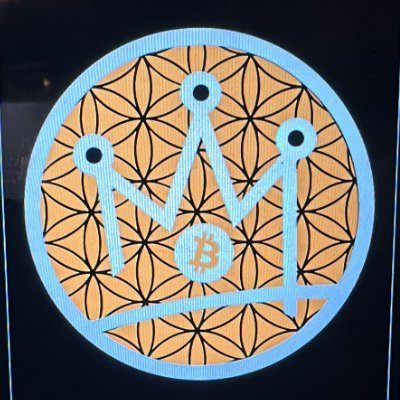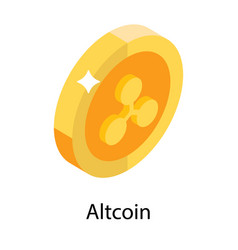Das Crypto Valley konzentriert sich in Zug und Zürich – mit gewichtigen Ablegern in Liechtenstein, Genf, Tessin und Waadt. In der Schweiz und Liechtenstein hat sich in den letzten Jahren ein diverses Ökosystem rund um Investitionen in Crypto Assets entwickelt. Auch in den letzten zwölf Monaten ist dieses stetig gewachsen und hat an Vielfalt hinzugewonnen. Die Regionen Zug und Zürich beherbergen die grösste Anzahl von Unternehmen. Einen aktuellen Überblick gibt die neueste «Crypto Assets Study» der Hochschule Luzern. Zwischen Juli 2023 und Juni 2024 haben sich die Preise und die Marktkapitalisierung von Bitcoin und anderen Crypto
Topics:
Bitcoin Schweiz News considers the following as important: Crypto-Asset, Liechtenstein, Schweiz, Studie
This could be interesting, too:
Bitcoin Schweiz News writes Manuel Stagars: Eine neue Dokumentation über das Crypto Valley in Entwicklung
Bitcoin Schweiz News writes Tokenisierung live erleben: Von der Regulierung zur Praxis am 10. April in Zug
Christian Mäder writes BLKB setzt Meilenstein mit erstem digitalen Bond auf SDX
Bitcoin Schweiz News writes 6 Bitcoin Hardware Wallets, die man kennen muss
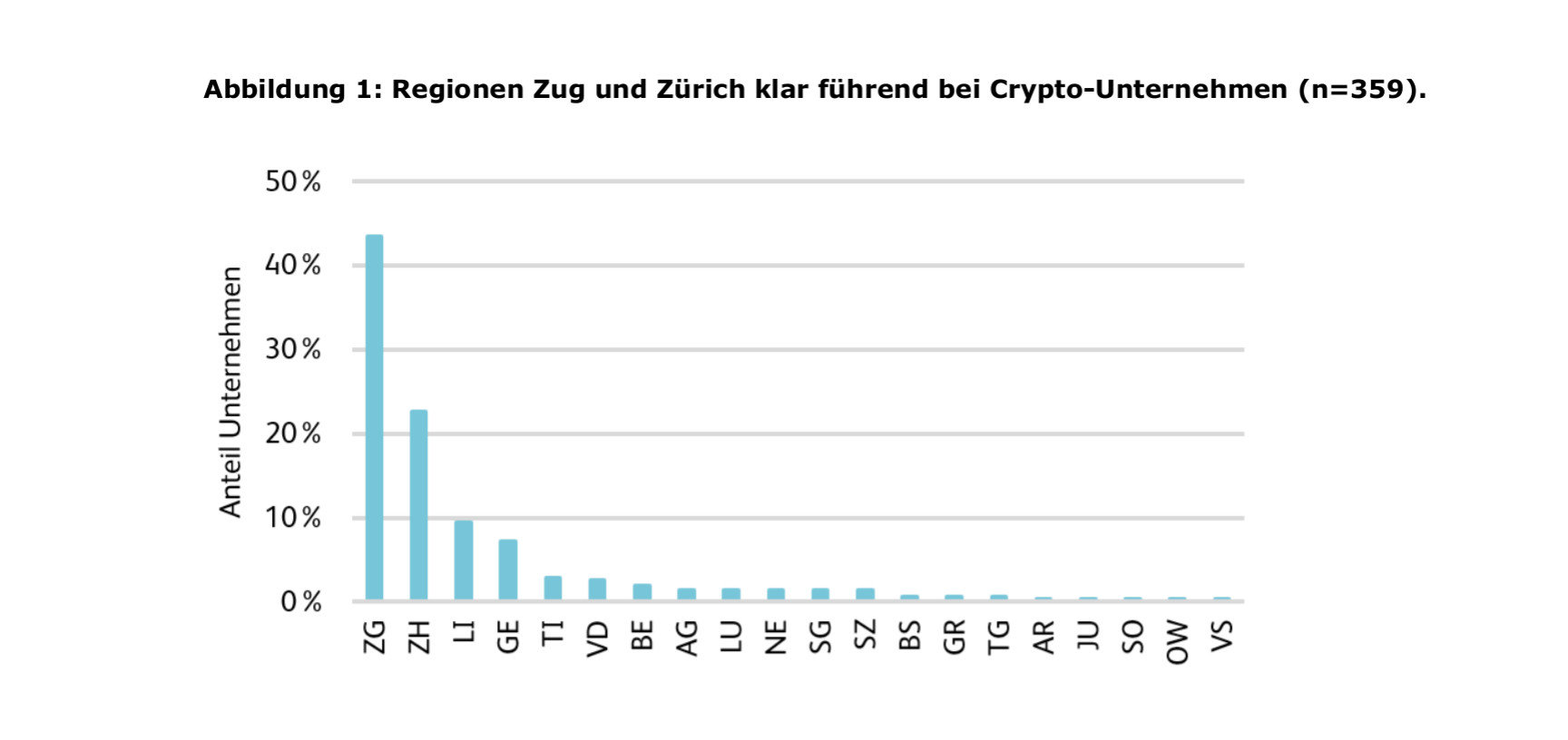
In der Schweiz und Liechtenstein hat sich in den letzten Jahren ein diverses Ökosystem rund um Investitionen in Crypto Assets entwickelt. Auch in den letzten zwölf Monaten ist dieses stetig gewachsen und hat an Vielfalt hinzugewonnen. Die Regionen Zug und Zürich beherbergen die grösste Anzahl von Unternehmen. Einen aktuellen Überblick gibt die neueste «Crypto Assets Study» der Hochschule Luzern.
Zwischen Juli 2023 und Juni 2024 haben sich die Preise und die Marktkapitalisierung von Bitcoin und anderen Crypto Assets erheblich erhöht. Auch das Schweizer und Liechtensteiner Ökosystem für entsprechende Investitionen ist gewachsen – sowohl, was Anbieter als auch was Produkte angeht. Ende Juni zählten die beiden Länder insgesamt 359 Unternehmen, die Produkte und Dienstleistungen rund um Investitionen in Crypto Assets anboten. Das Crypto Valley konzentriert sich in Zug und Zürich – mit gewichtigen Ablegern in Liechtenstein, Genf, Tessin und Waadt.

Vor allem Privatkunden scheinen Crypto Assets zu nutzen
Crypto Assets entwickeln sich als Ergänzung oder teilweise als Alternative im Finanzsystem. Was anfänglich ein Geheimtipp für Blockchain-Enthusiastinnen und -Enthusiasten war, erlangt nun eine breitere Akzeptanz – so besassen bereits im Jahr 2022 rund 10 Prozent der Schweizer Bevölkerung solche Vermögenswerte. Auffällig ist, dass Privatkundinnen und -kunden scheinbar öfter auf Crypto Assets setzen als institutionelle Investorinnen und Investoren, was bei Finanzinnovationen eher ungewöhnlich ist.
Vielfältiges Crypto Assets-Ökosystem in der Schweiz und Liechtenstein
Viele Crypto-Unternehmen konzentrieren sich auf Unternehmens- und institutionelle Kundinnen und Kunden. Entsprechend bedeutsam sind B2B-Geschäftsmodelle für das Crypto Assets-Ökosystem in der Schweiz und in Liechtenstein. Das Angebot ist vielfältig – mit einem Schwerpunkt auf zentralisierte Investmentdienstleistungen für direkte und indirekte Investitionen. Unternehmen, die Dienstleistungen für Blockchain-basierte, dezentrale Lösungen anbieten, setzen primär auf Selbstverwahrungslösungen (sogenannte «Crypto Wallets»). Fast 90 Prozent der untersuchten Unternehmen sind nicht auf nationale Märkte beschränkt, sondern auch international tätig.
Steigende Tendenzen beim Handelsvolumen
Im ersten Halbjahr 2024 verzeichneten die Handelsvolumina für indirekte Crypto-Produkte an den traditionellen Schweizer Börsen wieder einen Aufwärtstrend, nachdem sie in den Jahren 2022 und 2023 auf einem relativ niedrigen Niveau stagnierten. Insgesamt wurden in diesem Zeitraum rund 2 Milliarden Schweizer Franken umgesetzt. Gleichzeitig stiegen auch die Handelsvolumina aus der Schweiz für direkte Investitionen in Crypto Assets über Cryptobörsen.
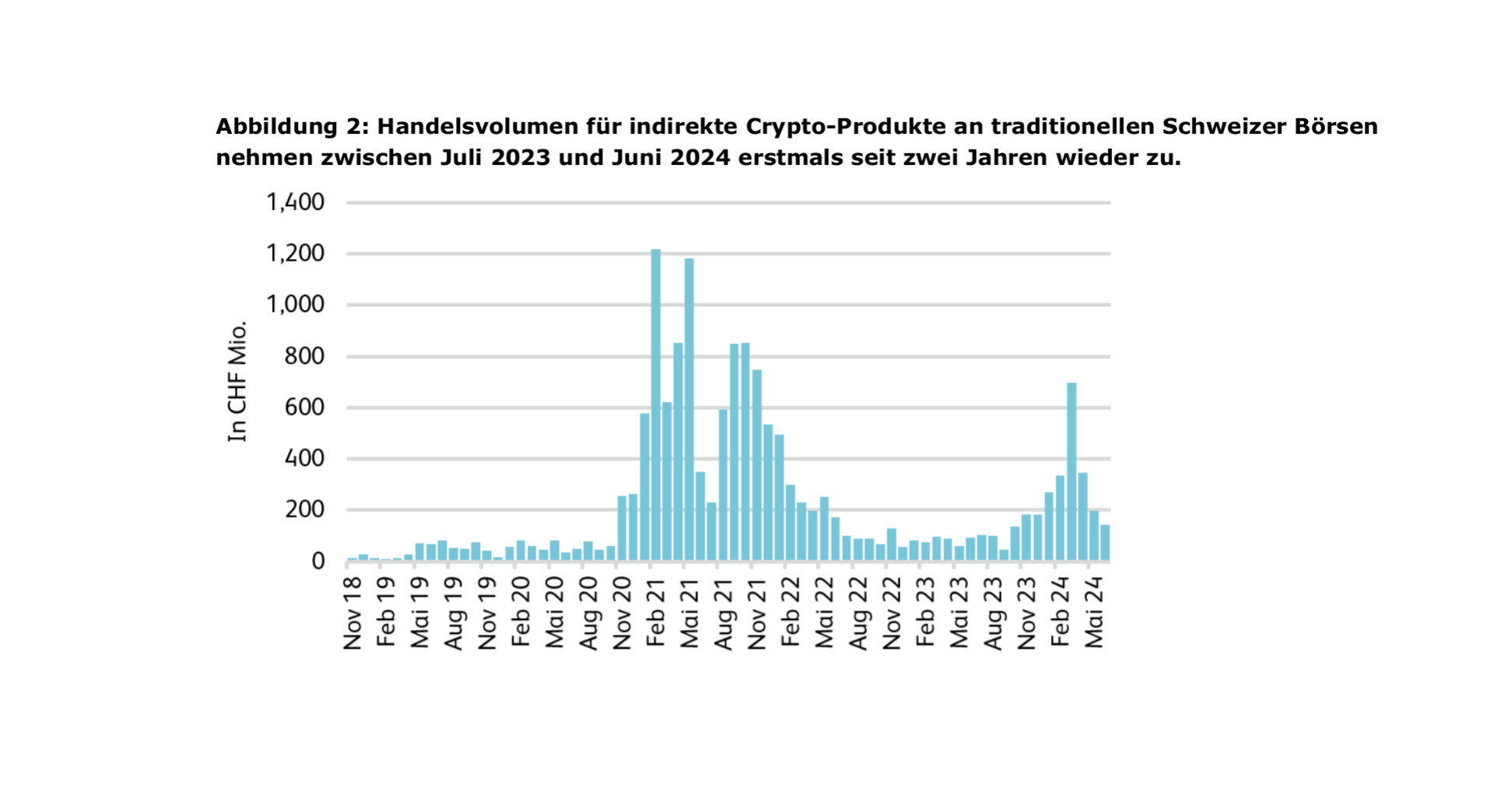
Vielfältige Möglichkeiten und Risiken von Crypto Assets
Die Marktrisiken zeigen sich einerseits in den sehr volatilen Preisen. Andererseits bestehen zusätzliche operationelle Risiken sowie Liquiditäts- und Kreditrisiken entlang der gesamten Wertschöpfungskette. Diese variieren je nach Art der Investition. Sprich, ob direkt oder indirekt in Crypto Assets investiert wird, und ob dies dezentral über die Blockchain («Decentralized Finance», kurz «DeFi») oder über einen zentralisierten Anbieter geschieht. Eine neu entwickelte Klassifizierungsmethode teilt Crypto Assets gemäss drei wesentlichen Kategorien ein: erstens das Design des Tokens, das festlegt, wie ein Crypto Asset technisch aufgebaut ist. Zweitens sind es die Eigenschaften des zugrunde liegenden Blockchain-Systems, auf dem das Asset basiert. Und drittens sind es die dynamischen Aspekte, wie das Crypto Asset im Markt verwendet wird. Die Marktteilnehmenden können damit die Eigenschaften von Crypto Assets strukturiert evaluieren und entsprechend ihren Präferenzen agieren.
Quelle:
This Year’s Theme: “On the Move”
Throughout history, people have left their homes for a variety of reasons and have found themselves in faraway places. This has led to encounters with foreign lands, their inhabitants, their customs, their flora and fauna. Cultural heritage collections are full of artifacts resulting from and bearing witness to those people “on the move”: archival records, travel reports, audiovisual documents, object collections, oral histories etc. These artifacts weave an invisible web between people and places, between events and stories being told about them, between heritage collections and scholars, and between the people of every generation making sense of them – through artistic creation, through the (de-)construction of collective memories, or by exploiting them in the pursuit of political or economic interests.
The thematic focus is intended as a source of inspiration; hackathon participants are free to work on other topics related to cultural heritage.
Datasets
SHARE YOUR DATA in view of the upcoming Open Cultural Data Hackathon:
You may own yourself cultural data that you are ready to share. Please look at the infosheets and if you have any questions, feel free to contact: lionel.walter(at)openglam.ch
New Datasets
The list of new datasets that have been made available in view of this year’s hackathon will follow shortly.
Selection of Earlier Datasets
Below is a selection of earlier datasets that fit in well with this year’s theme:
You may also want to consult our full list of open datasets for further inspiration.
Hackathon Challenges
Do you already have a challenge or an idea for a project to work on during the hachakthon? – If yes, feel free to share it on our challenges page. You will be invited to pitch your challenge or project idea at the beginning of the hackathon to invite others to form a team and work on it during the event.
Workshop GLAM & Digital Humanities (Thursday Afternoon)
The Swiss network for the digital humanities DARIAH-CH is setting up a GLAM Working Group. The new working group’s mission is to strengthen the cooperation between the Heritage Sector, the Cultural Sector, Public Administration, and the Digital Humanities in the area of data and data infrastructures.
If you are a researcher, work in the cultural heritage field, or are otherwise interested in the topic, you are welcome to join us for this workshop where we will start devising the action plan of this working group.
| Thursday, 5th September 2024 | Program (location: Neubad) |
| 15:15 – 17:15 | Workshop GLAM & Digital Humanities |
| 18:00 – 19:30 | Dinner at Neubad (at participants’ own expense) |
Open GLAM Night (Thursday Evening)
Celebrate with us the Open GLAM Night at Lucerne Neubad with contributions from Mexican artists, a participatory performance of the Swiss Afro-Cuban artist Ivonne Gonzalez, and a kaleidoscope of “remarkable” Lucernese people.
The first part of the event will be live-streamed to one of the cinemas of the Complejo Cultural of the Benemérita Universidad Autónoma de Puebla (BUAP), our Mexican partner organization.
The event is open to the public at large. Admission is free. Consumption at Neubad is at participants’ own expense. No registration is required if you plan to attend only this public event.
The detailed programme is available here.
| Thursday, 5th September 2024 | Program Open GLAM Night (location: Neubad) |
| 19:00 | Opening of the Doors |
| 19:30 – 19:45 | Welcome and Opening of the Open GLAM Night |
| 19:45 – 20:45 | CultureFLOW – Artistic Projects from our Mexican Partner University |
| 21:00 – 21:45 | Re-Imagining Future Collections – Immersive Performance |
| 21:45 – 23:00 | Famous Lucernese People on the Move |
| 00:30 | Closing Time |
Hackathon Program (Friday & Saturday)
The hackathon takes place from Friday morning to Saturday evening at Moderne Bar & Karussell/ZHB Luzern. We will meet on Friday morning in the Moderne Bar & Karussell (Pilatusstrasse 21). Then we will inform you about the locations and where exactly the workplaces are. Note that the detailed programme is subject to change. If you have any questions, please contact Gaston Wey.
| Friday, 6th September 2024 | Program |
| 08:30 – 09:00 | Check-in, Breakfast |
| 09:00 – 09:20 | Opening Session |
| 09:20 – 09:40 | Presentation of the datasets |
| 09:45 – 11:00 | Presentation of Challenges / Idea Pitching (3 minutes per person) |
| 11:00 – 12:00 | Group Creation – First Group Meeting |
| 12:00 – 13:00 | Noon Break |
| 12:00 – 18:30 | Work in groups |
| 18:30 – 20:00 | Dinner |
| from 20:00-23:30 | Work in groups (“night shift”) |
| Saturday, 7th September 2024 | |
| 08:30 – 09:00 | Breakfast, Foyer |
| 09:15 – 09:30 | Check-in “Welcome to Day 2” |
| 09:30 – 13:00 | Work in groups |
| 13:00 – 14:00 | Lunch |
| Work in groups | |
| 15:30 – 17:00 | Final Project Presentations |
| 17:00 – 18:00 | Apéro/End |
Organizers
This event is organized by the OpenGLAM CH Working Group of the opendata.ch association, with contributions from:
| Opendata.ch | |
| Beat Estermann (Member of the Board; Lead Open GLAM Programme a.i.) | |
| Oleg Lavrovsky (Technical Support) | |
| Jonas Lendenmann (Dataset Team) | |
| Lionel Walter (Lead Dataset Team) | |
| Gaston Wey (Support Project Coordination) | |
| ZHB | |
| Christian Erlinger (Dataset Team, Host Institution) | |
| Benjamin Flämig (Director, Host Institution) | |
| Simone Rosenkranz (Open Science Manager, Host Institution) | |
| Juliette Wyler (Coordinator, Host Institution) | |
| BUAP | |
| Sandra Palacios (Coordination CultureFLOW @ BUAP, México) | |
| HSLU | |
| Birk Weiberg | |
| infoclio.ch | |
| Enrico Natale (Documentation) | |
| Swiss National Museum | |
| Pierre-Louis Blanchard (Dataset Team) | |
| Wikimedia CH | |
| Sandra Becker (Support Programme Team) |
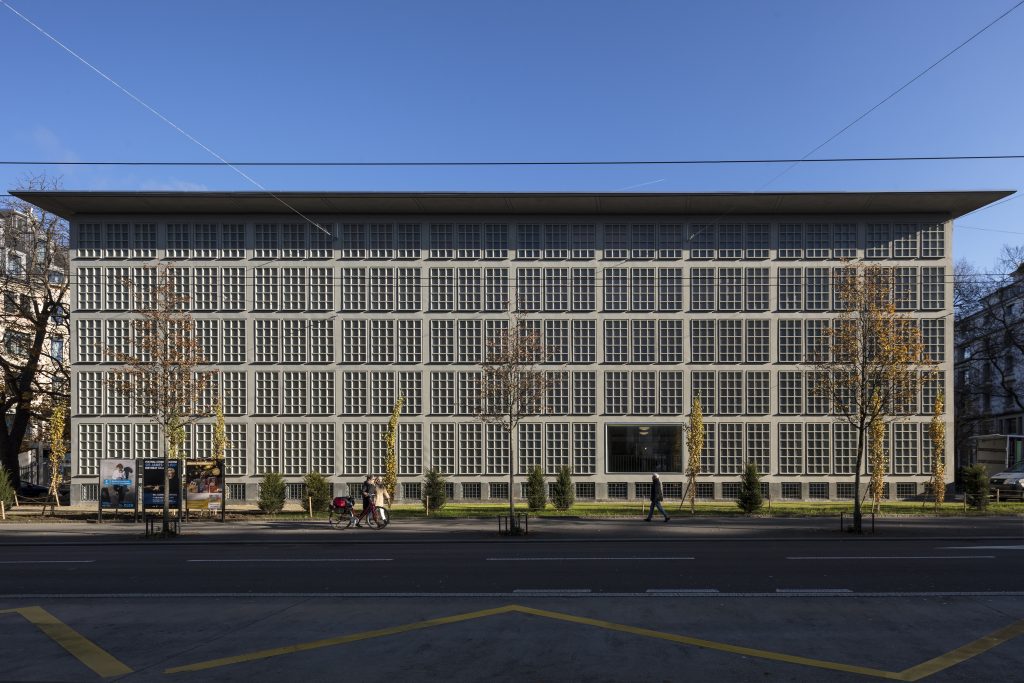
Free as in freedom
We thank our sponsors for being able to offer free tickets and support to all GLAMhack participants. However, places are strictly limited and we hope to account for everyone. If you register for an event and do not show up, this means that someone else may not be able to participate, and it will generate food waste. Therefore we kindly ask you to notify us as soon as you can in the event of sickness or change of plans. Failing to do this, we ask you to make a voluntary donation of 100 CHF.
What else….
Watch the the project presentations of the GLAMHack 2023 in Geneva.
Learn more about the first nine Open Swiss Cultural Data Hackathons.
In the meantime, follow Opendata.ch on Twitter, LinkedIn.
Check out our open GLAM Newsletter and Opendata.ch Newsletter.
Stay tuned for more or write to [gaston.wey at opendata.ch] for more information.
Curious about all things GLAM (Galleries, Libraries, Archives and Museums)? Check out our website.
We can’t wait to see and hack with you!

Sponsors


